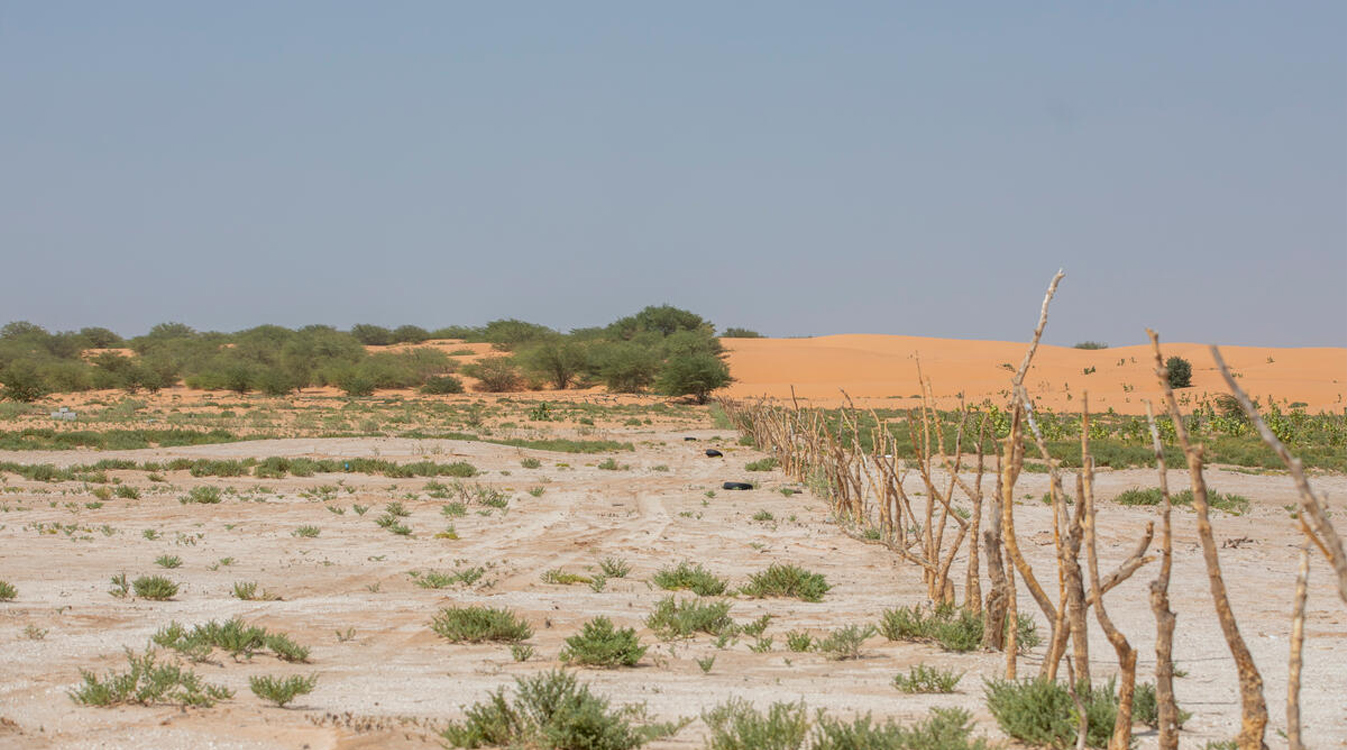New global study reveals human activities are driving massive declines in crop yields and threatening global food security
ROME: A new report released by the Food and Agriculture Organization (FAO) on November 3, 2025, has raised the alarm over worsening global land degradation, revealing that around 1.7 billion people now live in areas where crop yields are declining due to human-induced damage to the soil.
According to the FAO’s findings, land degradation — caused by unsustainable agricultural practices, deforestation, overgrazing, and climate change — is rapidly reducing the world’s capacity to grow food and sustain livelihoods. The report highlights that nearly one-fifth of the Earth’s agricultural land is suffering from reduced productivity, with the highest impacts observed in Sub-Saharan Africa, South Asia, and parts of Latin America.
FAO experts warned that without urgent measures to restore degraded lands, the world could face worsening food insecurity, water scarcity, and biodiversity loss. The report stresses the need for sustainable land management (SLM), improved soil conservation, and investment in climate-resilient agriculture to reverse the damage.
“We are running out of healthy and productive land, and this threatens the very foundation of global food systems,” the FAO report states. “Restoring degraded land is not an option — it’s a necessity for ensuring a livable future.” The report also underscores that restoration efforts—including reforestation, regenerative farming, and soil rehabilitation—can not only help recover lost yields but also absorb significant amounts of carbon, contributing to global climate goals.






